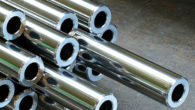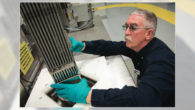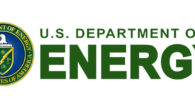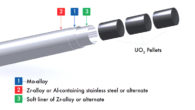Accident Tolerant Fuel Session
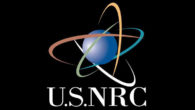
Following the damage to the Fukushima Daichi Nuclear Power Station in 2011, the U.S. Congress directed the U.S. Department of Energy (DOE) to initiate a program to investigate accident-tolerant fuel for nuclear reactors. The goal of this initiative is to find a fuel rod design that is more tolerant to accident conditions than the fuel…


